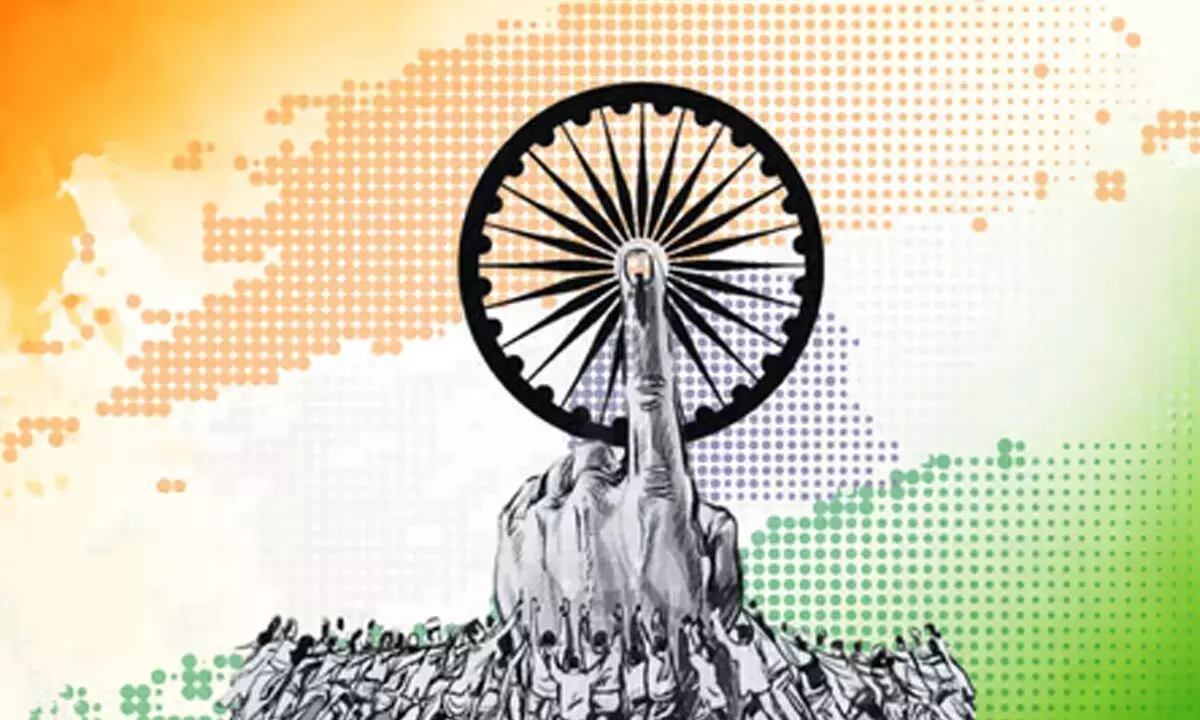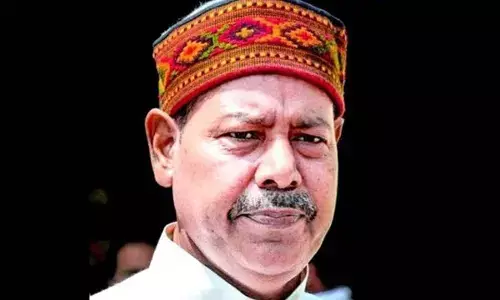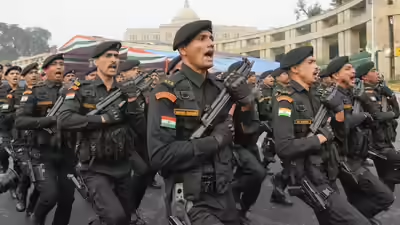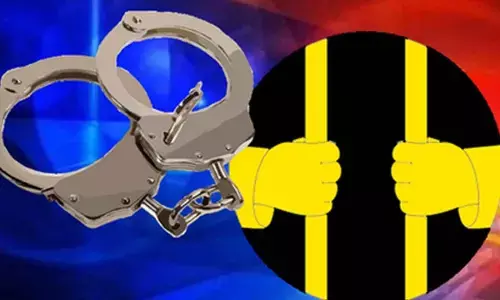ONOE a litmus test for the NDA government

For a change the Lok Sabha saw a real and interesting discus-sion on rules and procedures
For a change the Lok Sabha saw a real and interesting discus-sion on rules and procedures. The question is not who was right and who was wrong, but it presented an altogether healthy sce-nario bereft of theatrics when the Union Law Minister Arjun Ram Meghwal introduced the Constitution Amendment bill on one na-tion one election.
The former Union Minister and Congress spokesperson Manish Tiwari had set the tone in shortest possible time explaining his view as to why the Congress party was opposing the introduction of bill.
His argument was crisp when he said, “My view is that this entire thing is a folly.”Many of the leaders raised technical objections. But of course, there were some like the Samajwadi Party who were caught off guard and tried to make a political statement on why it was necessary now and why government was not focusing on Sambhal riots, attack on Hindus in Bangladesh etc.
The law makers should not assume that they are super intelli-gent. They should understand that they cannot take people for granted. Well, some tried to twist the issue by saying that the government does not have two thirds of majority in the house and hence it cannot introduce.
May be the law makers should refresh their knowledge on such matters before arguing. They also patted their backs saying that they have demonstrated that BJP does not have two third majori-ty required to pass the constitutional amendment. But what is the new discovery in this? The numbers of the NDA and the opposi-tion are known.
Well coming back to technical issues, M N Kaul and S L Shakdher in their book Practice and Procedure of Parliament say, “taking a strict interpretation of the constitutional provision, the special majority prescribed therein may be required only for vot-ing at the third reading stage.
At all other stages simple majority has been provided for in the rules, e.g., motion that the Bill be taken into consideration; mo-tion that the Bill as reported by the Select or Joint Committee be taken into consideration; for passing of clauses and schedules to the Bill; and the motion that the Bill be passed. Thus, motions that the Bill be circulated for eliciting public opinion thereon or that the Bill be referred to a Select or Joint Committee are passed by simple majority only.”
Two thirds are not required at the time of introduction. So, the opposition did not claim any victory. The government was aware of all these issues and at the last cabinet PM Narendra Modi himself said that they would refer it to the Joint Parliamentary Committee for wider discussion. The JPC normally would have to give its report within 90 days. Which means it can be taken up for discussion in Parliament during the budget session beginning February.
Certainly, getting the bill passed will be a litmus test for the gov-ernment who will have to do a lot of homework and micro floor management. After all permutations and combinations, they are still short of about 25 members in Lok Sabha. Which means that they may even have to ask some members to remain absent so that the rule that two thirds of the members present, and vote is followed.
Well will it be advantageous or not, will it help the national parties or regional parties, is it necessary to have ONOE, is something that that would come up for discussion when the JPC report is tabled in the parliament. Till then the public debate would contin-ue.




